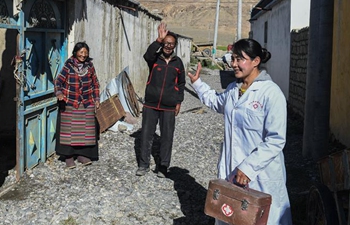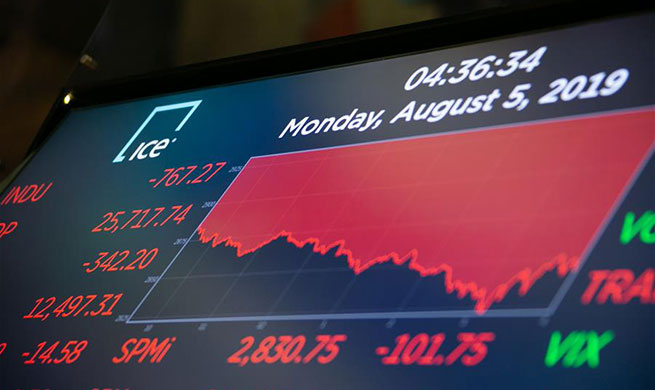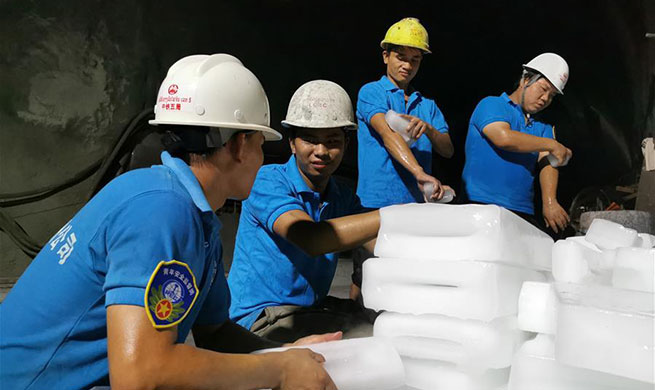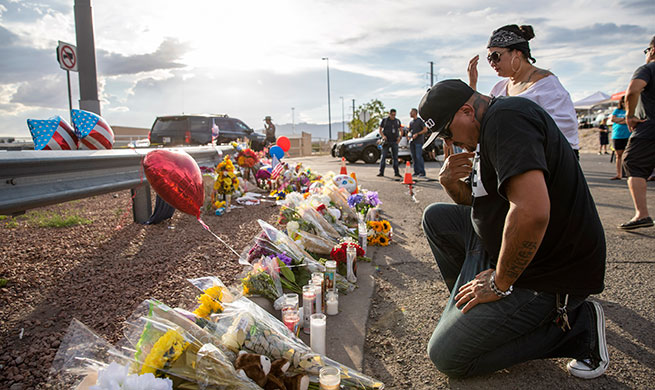SYDNEY, Aug. 5 (Xinhua) -- Australia has a "black hole in surveillance" when it comes to detecting antibiotic resistant superbugs, a group of health experts have warned on Monday.
The perspective, published in the Medical Journal of Australia, highlights the need for better information-sharing across medical institutions Down Under.
"The government has a national antibiotic resistance plan, but what's hampering that at the moment is structural issues regarding the sharing of data across jurisdictions and the ability to do highly effective real-time surveillance of antibiotic resistance," co-author and Deputy Director of the Microbiological Diagnostic Unit Public Health Laboratory, Associate Professor Deborah Williamson told Xinhua.
"There are pockets of information across the country, but what we need is a concerted national approach to join up those pockets of information."
Currently, when a patient has a diagnostic test to determine if they have an infection, there is no additional testing to find out if the bacteria or pathogen could be resistant to antibiotics.
The authors are now calling for this to change.
"It's not a technological problem. It's more of a financial issue, in that laboratories don't have any incentives for them to do a quick molecular test for the bacterial culture," Williamson said.
"But even though Australia is an island, it doesn't mean there isn't the risk of superbugs... and that's really a function of the huge increase in globalization and international travel that has happened over the past 15 years."
"Bacteria and viruses, they don't respect state borders, they don't respect international borders."
"So we can not afford to think of antibiotic resistance as somebody else's problem because it most certainly is all of our problems."













